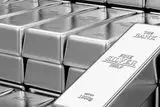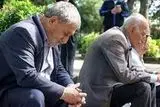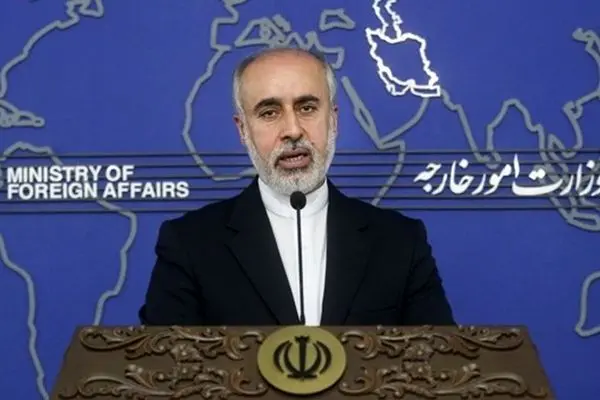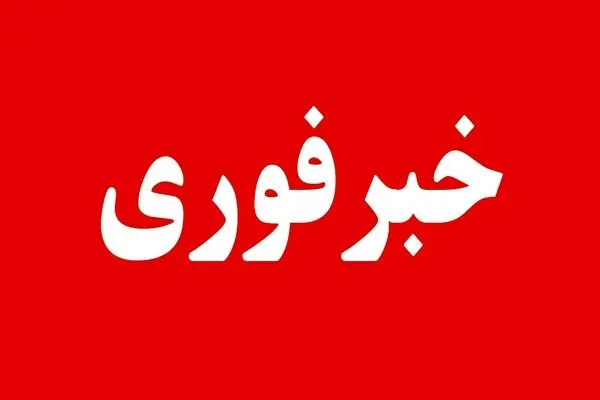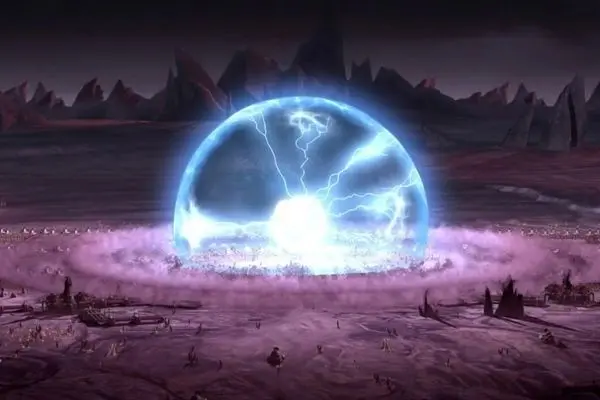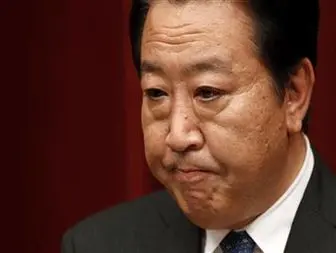
Energy policy has become a major headache for Noda and his Democratic Party of Japan, its ratings battered ahead of a general election many expect within months.
The activists demanded a swift exit from nuclear power, with trust in it undermined by last year ' s Fukushima atomic disaster, while Noda restated the government ' s stance to reduce reliance on atomic energy without saying by how much or when.
" We will never, never, never, never give up until reactors are shut. We will never forget the accident on March ۱۱ and what we ' ve lost because of that, " one of ۱۱ representatives told Noda in a meeting that was open to media.
Meltdowns at the Fukushima nuclear plant after a March ۱۱,۲۰۱۱, earthquake and tsunami caused radiation to spew over large areas, forcing more than ۱۶۰,۰۰۰۰ people to flee. In the following months, all of Japan ' s nuclear plants were shut for safety checks. Two reactors resumed operations last month.
" We ' ll never stop our protests until the government says in clear words, that even children can understand, that it will abandon nuclear power, " the activist said.
Noda is trying to decide on a medium - term energy plan after the accident forced the government to scrap a ۲۰۱۰ plan to boost nuclear power ' s share to more than half of electricity needs by ۲۰۳۰. The share before the disaster was about ۳۰ percent.
" We aim to set a direction on energy mix that will give a sense of security to the public in a responsible way, " Noda told the activists. " We would like to decide while taking your opinion into consideration and hearing other views as well. "
Anti - nuclear protests, including demonstrations every Friday outside Noda ' s office, have grown since he decided to restart the two reactors in July to avoid blackouts.
A protest was underway before the meeting with the activists, with about ۱۰۰ people shouting and beating drums.
The rest of the country ' s ۵۰ reactors remain shut, mostly for safety checks, but feared blackouts have not materialized.
The government is considering three options for its energy portfolio: reduce nuclear power ' s role to zero as soon as possible, aim at ۱۵ percent by ۲۰۳۰, or seek a ۲۰-۲۵ percent share by the same date.
" HAVING TROUBLE "
A government survey of nearly ۳۰۰ people showed almost half - by far the largest group - favored the zero option. Kyodo news agency said almost ۹۰ percent of those who submitted comments agreed.
Economics Minister Motohisa Furukawa, who heads a group of ministers in charge of energy strategy, told reporters on Tuesday he wanted to aim for reducing reliance on nuclear power to zero.
But it was not clear if he meant that as a short - term target or something to strive for in the longer term, said a government source with knowledge of the debate.
" I think the politicians are having trouble making up their minds, " said the source.
Noda, echoing worries by Japan ' s big business, has justified the need for nuclear power in the short - term by citing concern about high electricity costs that could force companies to move overseas, taking jobs with them.
In a sign he takes those views seriously, Noda was meeting the head of the Tokyo Chamber of Commerce later in the day. But he has sought to dispel concern that his government was too much under the sway of business.
The fractious ruling party, which has suffered defections over Noda ' s plan to double the sales tax by ۲۰۱۵ to curb ballooning debt, is also divided over nuclear energy.
Noda ' s two predecessors - Naoto Kan, who was premier when the ۲۰۱۱ disaster happened and who brokered Wednesday ' s meeting, and Yukio Hatoyama, who was party leader when the Democrats took power three years ago - have come out against atomic power, long promoted in Japan as cheap, safe and clean.
"Electricity demand is hitting a peak during the summer baseball season but even so, there have not been any blackouts," Hatoyama told Reuters in an interview this week. "We should set a target of zero (by 2030)."





